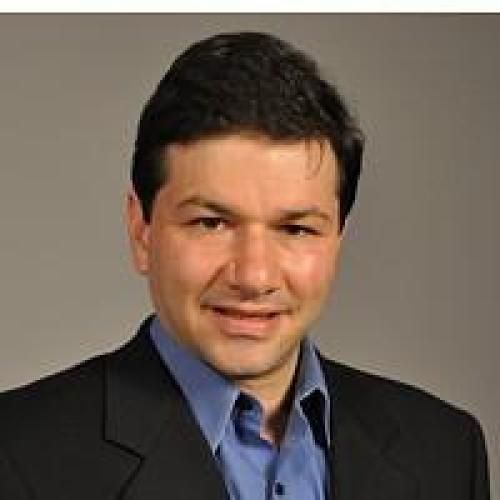
Determinants of overconfidence and miscalibration: The roles of random error and ecological structure
Previous authors have attributed findings of overconfidence to psychological bias or to experimental designs unrepresentative of the environment. This paper provides evidence for an alternative explanation. A model is presented in which reported confidence is a function of the validity of information used by the subject, and a random error component. The model predicts greater overconfidence for question sets in which informational cues are less valid. This result corresponds to the well-known hard/easy effect. The model also predicts that unrepresentative design (Gigerenzer, Hoffrage, & Kleinbölting, 1991) is sufficient but not necessary for overconfidence to occur. These predictions are tested, and results provide support for the model. Subjects are overconfident according to usual measures such as calibration, even though on average they report the diagnosticity of informational cues correctly. Furthermore, overconfidence is greater for harder sets of questions, even when those sets are representative of the environment. A post hoc analysis reveals some intriguing individual differences among subjects. Some people appear to have a true psychological bias toward reporting high levels of confidence, whereas others have a psychological bias in the direction of underconfidence. © 1996 Academic Press, Inc.
Duke Scholars
Published In
DOI
ISSN
Publication Date
Volume
Issue
Start / End Page
Related Subject Headings
- Social Psychology
- 52 Psychology
- 35 Commerce, management, tourism and services
- 17 Psychology and Cognitive Sciences
- 15 Commerce, Management, Tourism and Services
Citation

Published In
DOI
ISSN
Publication Date
Volume
Issue
Start / End Page
Related Subject Headings
- Social Psychology
- 52 Psychology
- 35 Commerce, management, tourism and services
- 17 Psychology and Cognitive Sciences
- 15 Commerce, Management, Tourism and Services

